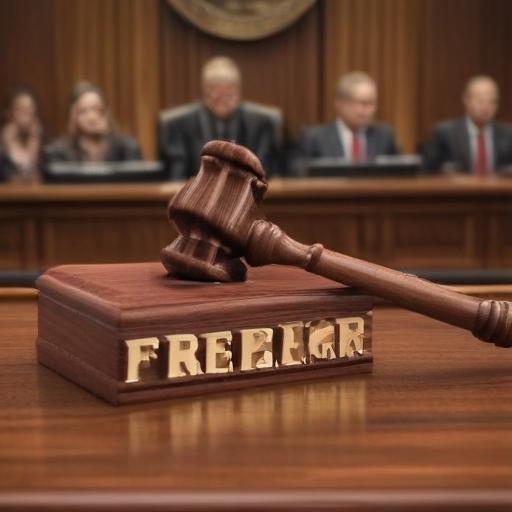Donald Trump’s recent remarks about comedian Rosie O’Donnell have stirred significant controversy, highlighting a potential threat to free speech and citizenship rights in America. During a social media post, Trump expressed that he was contemplating revoking O’Donnell’s citizenship due to her consistent criticism of him, labeling her a “Threat to Humanity.”
This situation underscores a troubling trend within Trump’s political rhetoric, where he increasingly suggests that citizenship and free speech are conditional upon loyalty to him rather than inherent rights. While O’Donnell’s case may appear to be an exaggerated reaction, it reflects a broader concern that Trump views dissent as grounds for punishment. Historically, Trump has suggested stripping citizenship from several political opponents or critics, reinforcing the fear that this behavior could be normalized among his supporters.
Despite the absurdity of some of his proposals, they serve to illustrate a significant issue: the idea that the government—and specifically the presidency—could possess the power to penalize opposition voices. Trump’s earlier assertion that protecting free speech is essential for a free country contrasts sharply with his actions, blurring the distinctions between political discourse and repression.
Additionally, it’s worth noting that native-born citizens generally cannot be stripped of their citizenship without solid legal grounds. The extent to which Trump’s administration might pursue such actions remains questionable, but the implications of such threats could have chilling effects on political expression in the U.S.
In related news, Trump has initiated discussions around a new weapons-transfer plan for Ukraine and has threatened high tariffs on Russia. Meanwhile, the Supreme Court has permitted his administration to advance structural changes within the Education Department, impacting educational funding.
The essence of the current political landscape reflects a delicate balance between fortifying rights and recognizing potential abuses of power. As this narrative unfolds, the importance of vigilance in safeguarding fundamental freedoms remains clear.
